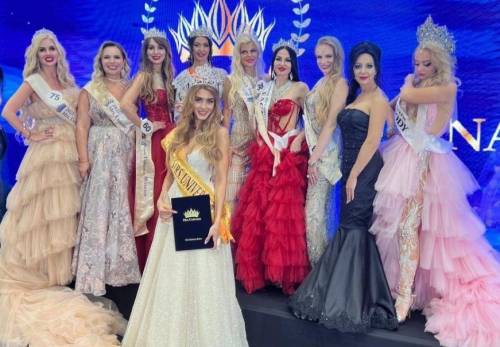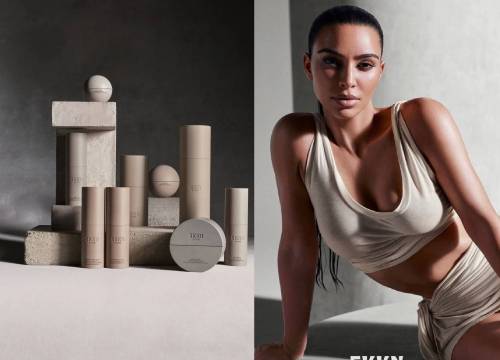Vegan Cosmetics: What Is It And Where to Find It
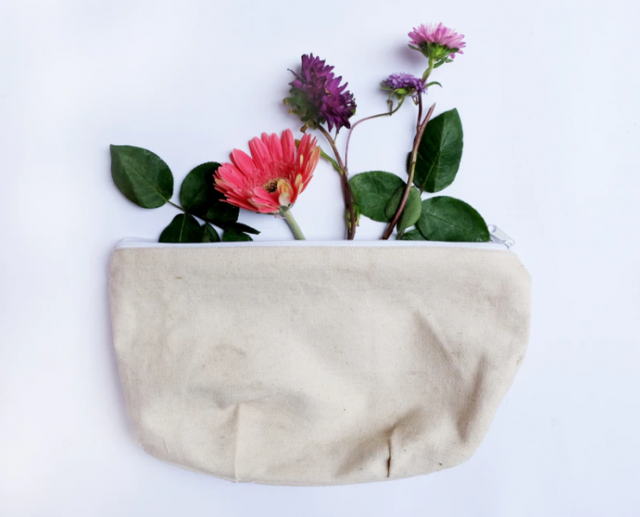
We decided to find out what vegan cosmetics are, who makes it and what the labels should be scared.
Mindfulness is gradually becoming the great part of the beauty industry. First of all, everyone was outraged by the amount of plastic sheeting and paper, in which brands pack their products for sales and transportation. Then, animal rights activists have drawn attention to the fact that the ingredients of cosmetics continue to be tested on animals, while legislation of many countries doesn’t require it. A little later, eco-activists started studying the impact that factories have on the environment, and the data was not very satisfied.
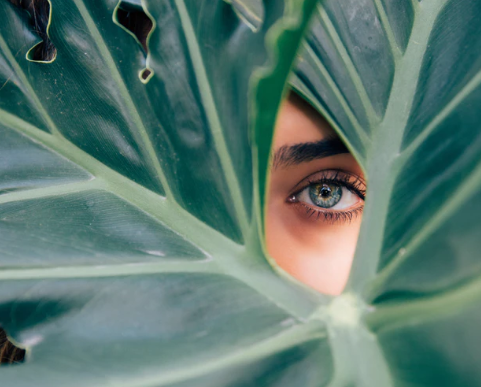
unsplash.com
Now, more and more cosmetic stores’ visitors not just grab the first available jars with bright labels, but analyzes their composition and reject dubious components. Vegan cosmetics shouldn’t be confused with organic and cruelty-free – this status imposes a lot more restrictions. Here, we can’t do only one refusal to test products on animals – you need to carefully consider every ingredient in the composition and to verify its "innocence". Without practicing, it’s almost impossible, but Google and some special applications can help you. This part is coming next.
What is vegan cosmetics?
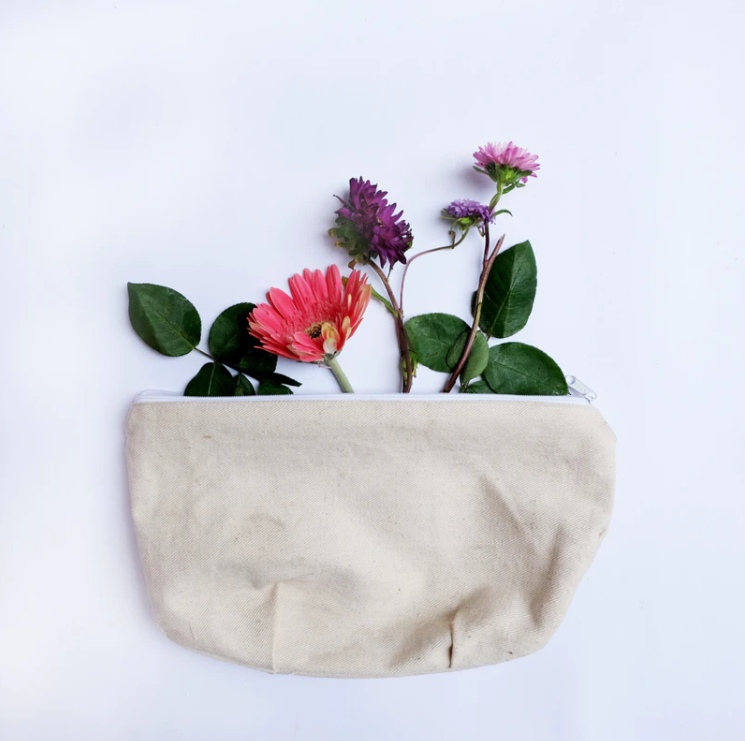
unsplash.com
In general, everything is quite simple-in vegan cosmetics, as well as in food, animal products shouldn’t exist at all. Animal products include honey, beeswax, caviar, shark oil, the slime of snails, and much more. Ideally, animals shouldn’t participate in the production of individual ingredients. If the tea leaves, which is going to become a part of the cream or mask, was transported not in cars, but on horseback, this product can’t be called completely vegan anymore. To track the whole production process is simply impossible, we can only carefully read the label and study all the available information. And of course, no animals testing.
List of prohibited products: read the label carefully
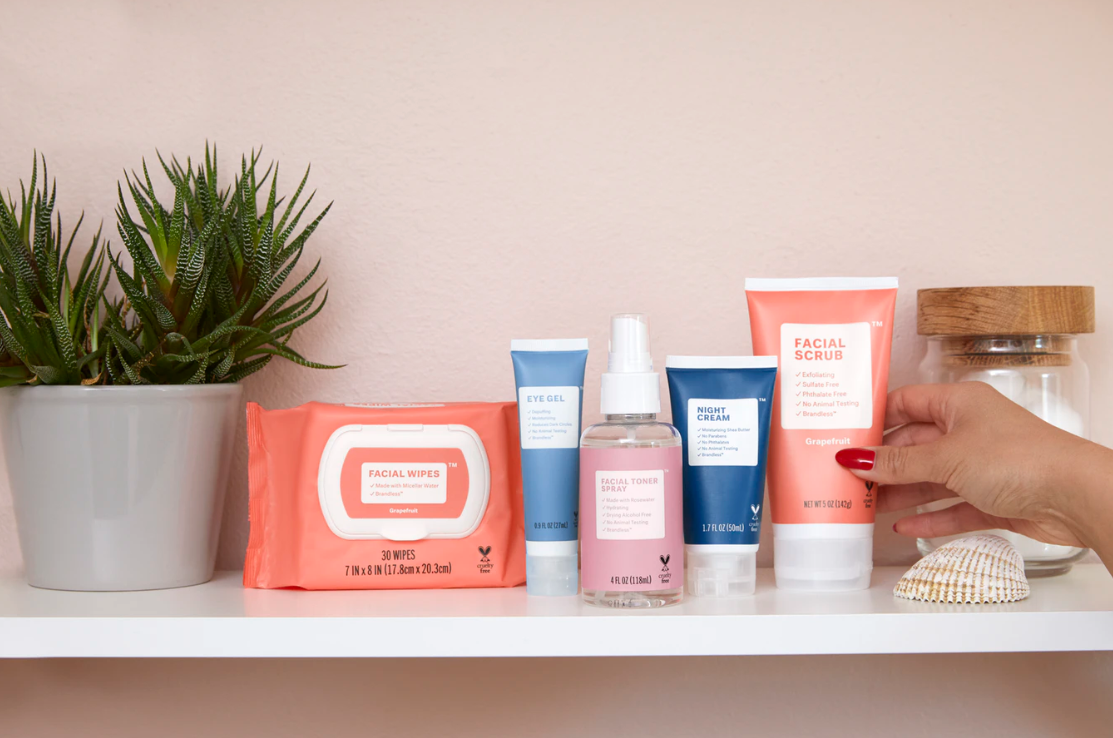
unsplash.com
It will take much time to understand complex words, written on the label. If you don't trust the sales consultants, you will have to do it by yourself. All the ingredients that shouldn’t be part of the vegan cosmetics can be found on the Internet. Here are the most basic and common.
Beeswax is a part of the lip glosses and balms, lipsticks and mascara.
Castoreum is a substance that is produced by odorous glands of the beaver and used in the production of perfumes.
Shellac is a natural resin produced by a genus of worms.
Lanolin is produced from boiled wool and included in most creams and ointments for the face and body.
Carmine is the ingredient that gives cosmetics a bright red color. This pigment is extracted from dried body of cochineal beetle.
Collagen – it’s usually derived from connective tissue of cattle. But there is also a vegan version of collagen, but because of the high cost it’s not available for widespread production, yet.
Keratin is derived from feathers, fur, and hooves.
Mucin is snail mucus, which is especially loved by Korean beauty brands.
Honey, caviar, retinol, Royal jelly, musk, melanin, deer antler velvet, silk, egg whites – all this and much more shouldn’t exist in vegan cosmetics.
What brands can you trust?
You can easily check the brand on the official website of the international organization PETA. They shared lists of firms that fit all the standards and meet the requirements for the production of vegan cosmetics. The same information can be found in the Bunny Free mobile app.
Don't be afraid to contact brands directly to request certificates and study official sites. Even if the brand itself can't be considered 100% vegan in its assortment, you may find individual products that will fit into this category.
skyn ICELAND
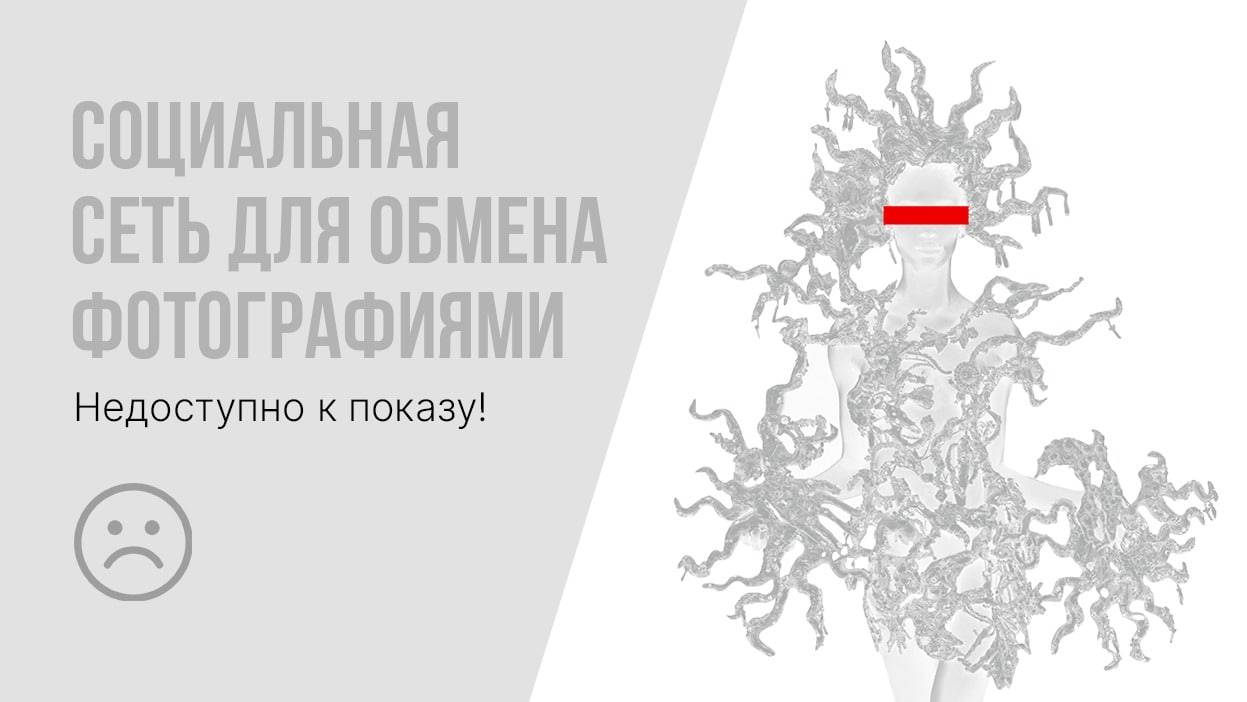
Weleda

Elf

Kate von D
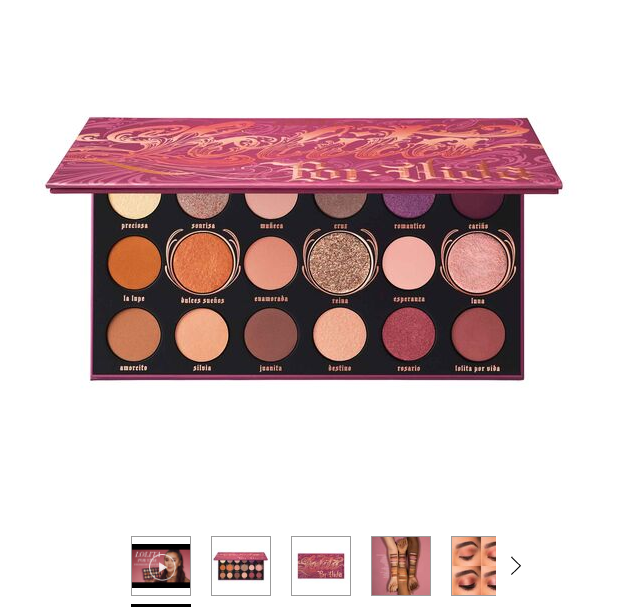
katvondbeauty.com
Urban Decay

Lush

How much to trust certificates and labels?
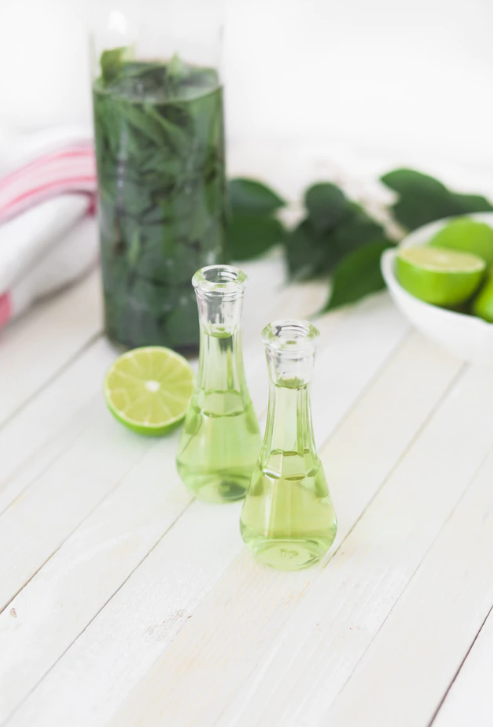
unsplash.com
Symbols of such organizations as The Vegan Society, PETA Cruelty Free and Vegan, Leaping Bunny Program can be considered as confirmation of being vegan product. You can also pay attention to Not tested on animals, Degree of Legitimacy, Cruelty-free, Vegan, 100% Vegan labels. If you see something from this list on the jar– so, take it.
But always keep in mind, that unscrupulous manufacturers can also use these signs. You can believe in universal justice, that the punishment would overtake, but the composition of cosmetics is better to check with the help of several different sources.
Be careful with brands, which sell their makeup in China. The laws of China still require animal testing. In order to increase sales and profits, brands are forced to accept such requirements.
Are there any restrictions?
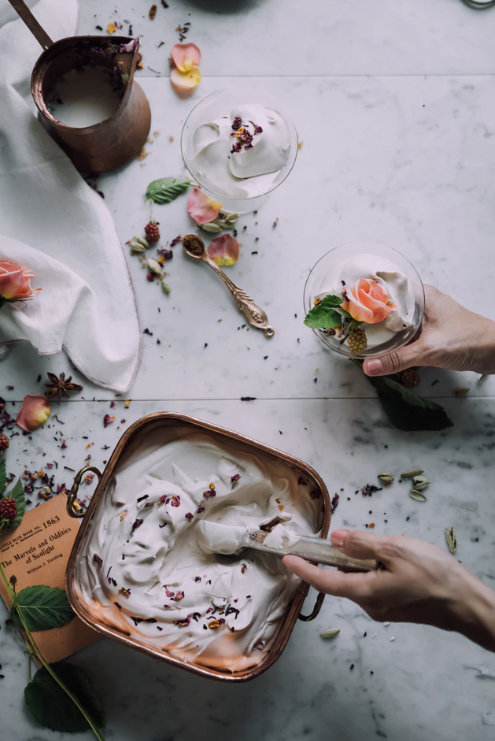
unsplash.com
The main stereotype about vegan cosmetics’ quality is that it’s not tested on animals. The belief that only this method can give complete information on the effects of certain ingredients, is too popular. But in fact, there are far more humane and accurate methods. For example, testing on a model of human natural skin, testing on a protein membrane or a computer simulation method. All these technologies provide complete information about the composition of beauty products and annually help save the lives of millions of animals.
When choosing vegan cosmetics, you need to focus only on the needs and characteristics of your skin: avoid components that may cause you to have allergies or rashes - there are no more tricks and cannot be.
